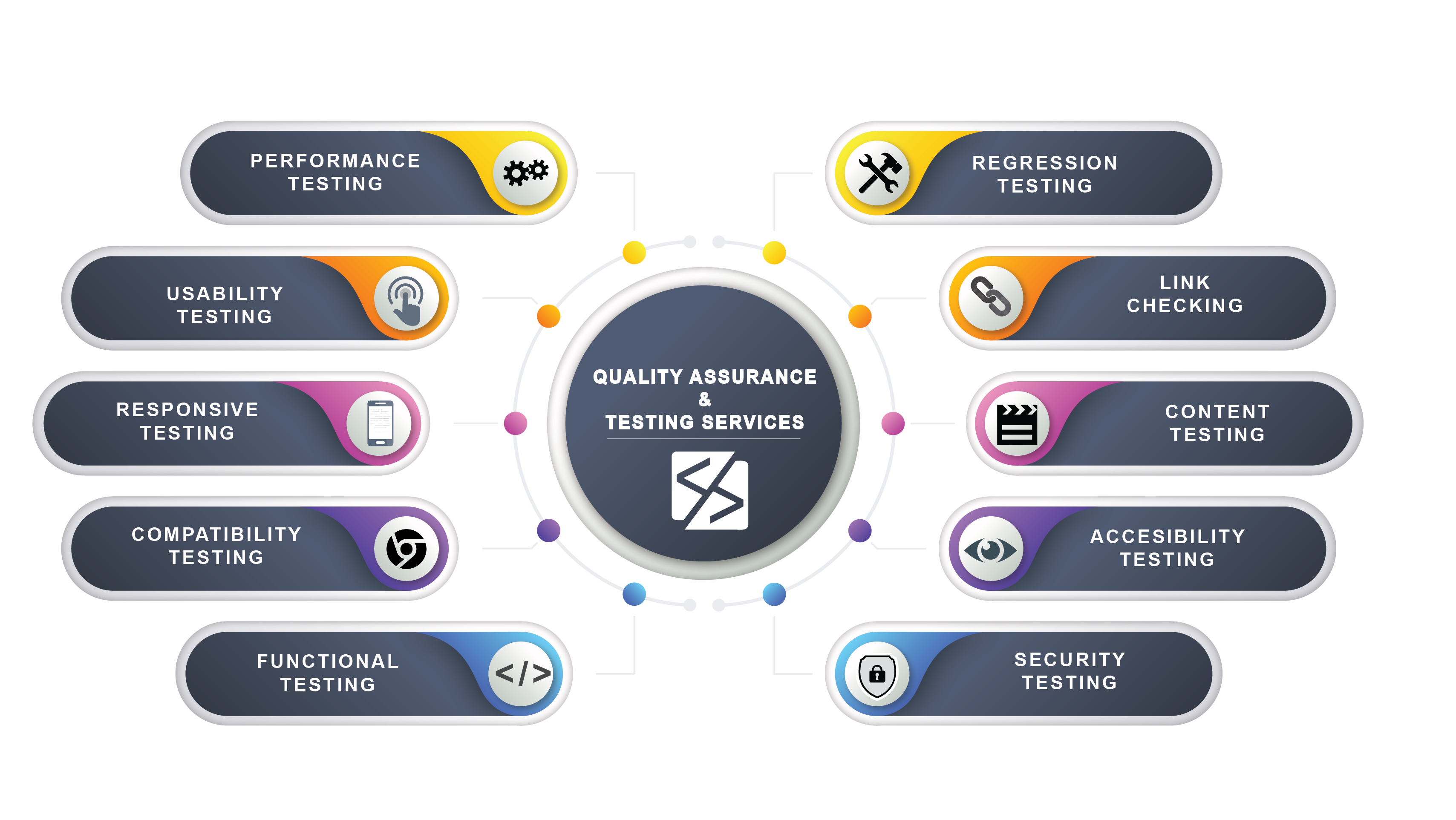QA tester – a specialist who develops testing scenarios, identifies possible bugs and failures in the work of certain IT-products. Testing is necessary at every stage of development. This allows the team to save time and money significantly as the earlier problems are detected and it is cheaper and easier to fix them on early stage.
Area of responsibility of the QA tester
The tester checks the application for compliance with the documentation. If an error is detected, he sends information about it to the developers for further correction.
Here is what QA specialist does:
- Examine documents and clarify inaccuracies in them. At this stage, he understands which function requires testing.
- Test development. A specialist prepares a set of tests for subsequent validation. When changes are made to the product, the test cases also need to be adjusted.
- The specialist works according to pre-formed tests and records the test results: in those functions where they were successful – notes the correct operation of the product, and in places where the bug were found – registers them.
Types of testing performed by QA tester:
- Smoke test. Only the basic functions are tested.
- Verification after product update.
- Implies testing of new parts of the product.

What skills and knowledge a tester should have
A QA tester should have an idea of what is a test design and test cases, as well as for what purpose test scenarios are written, what approaches to use depending on the case and the criteria for assessing the effectiveness of testing. The specialist must understand which project members are responsible for certain feature and from whom to get the necessary information, as well as understand the software development process. At least, have an idea of its models: iterative, cascade, spiral.
As a rule, the tester is part of the development team, so he has to communicate with management and project members. In this regard, he must have the following qualities:
- the ability to resolve conflict;
- communication skills;
- respond calmly to constructive criticism;
- be able to argue their point of view and listen to the point of view of others.
You can get up-to-date knowledge by taking a special course. As the professional growth depends on practice and professional support.
When choosing an effective course, the following recommendations should be followed:
- familiarize yourself with the faculty profiles;
- carefully study the curriculum;
- read feedback from professionals who have completed the course;
- learn about employment options after graduation.
A good tester must be diligent and attentive, so the person must have a structural mindset, thoroughly understand the product and understand the business, to take into account the capabilities of developers, the interests of users and the goals of company management.

